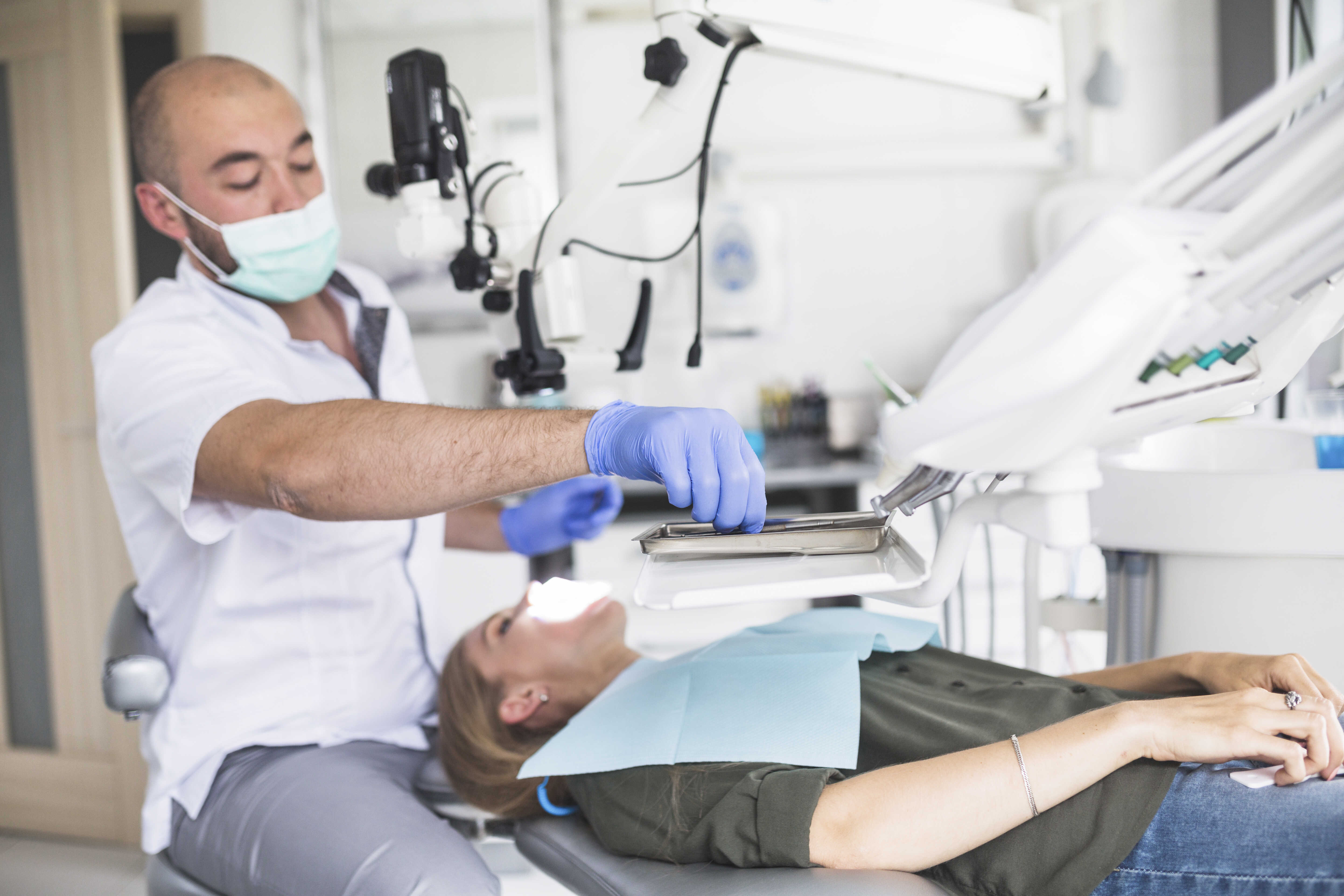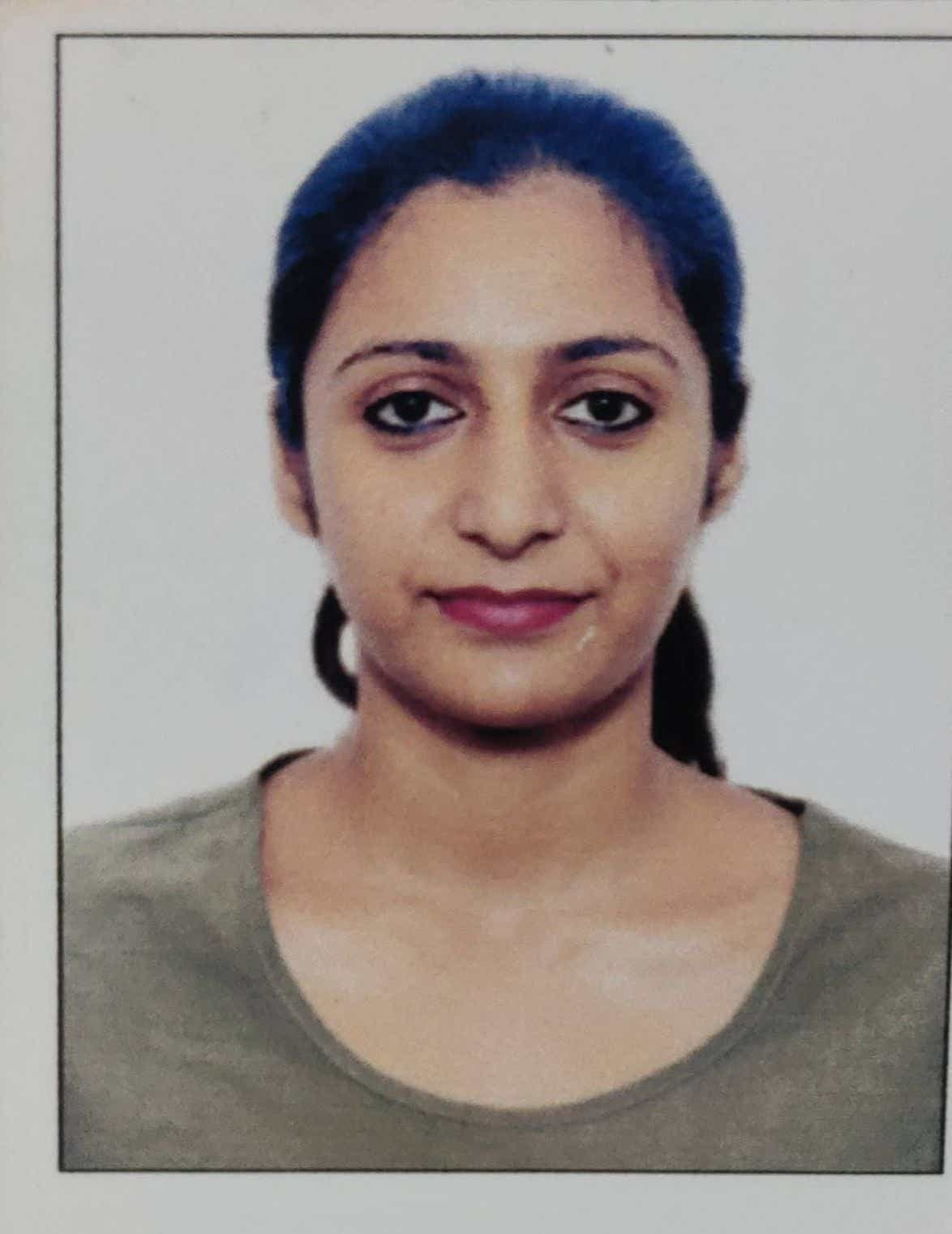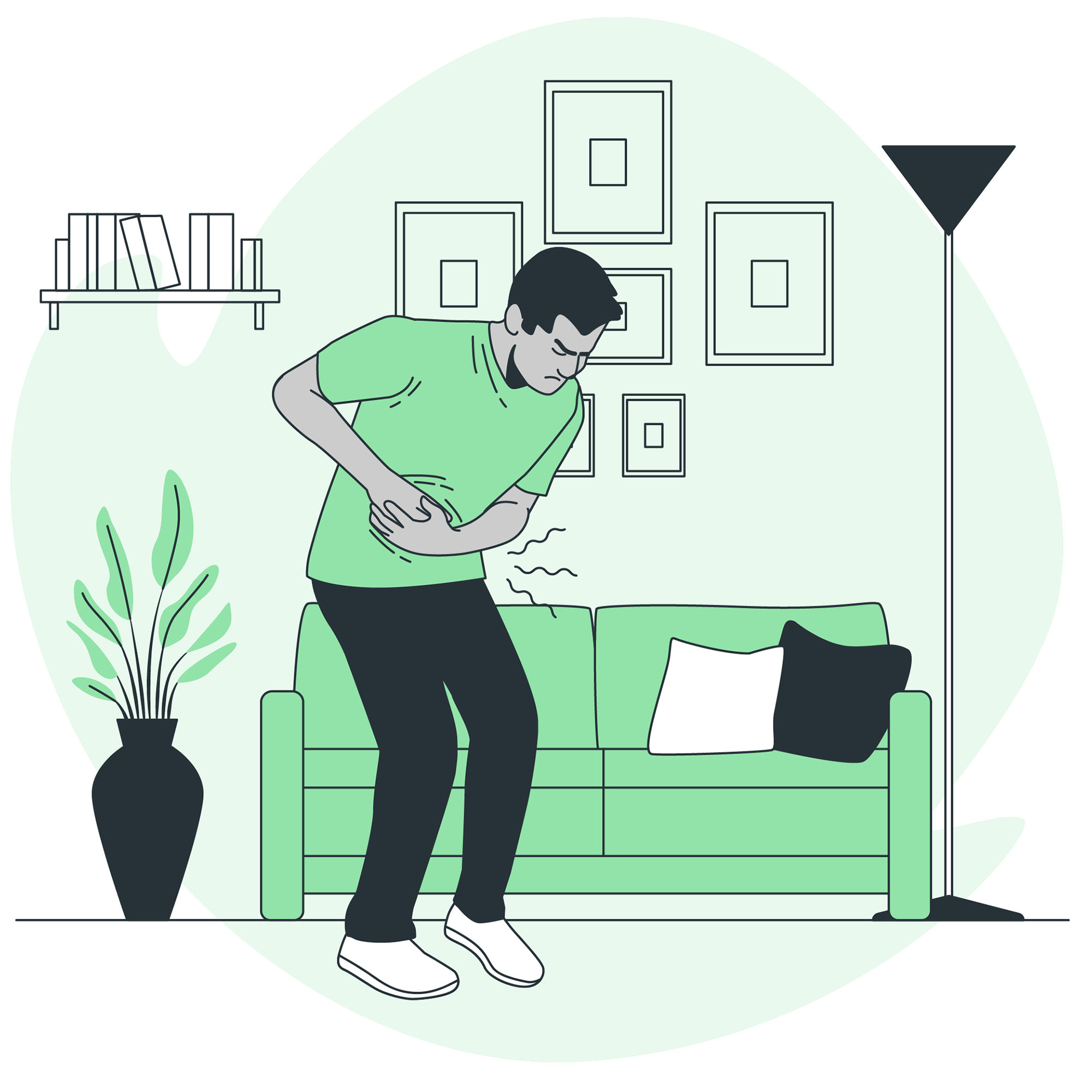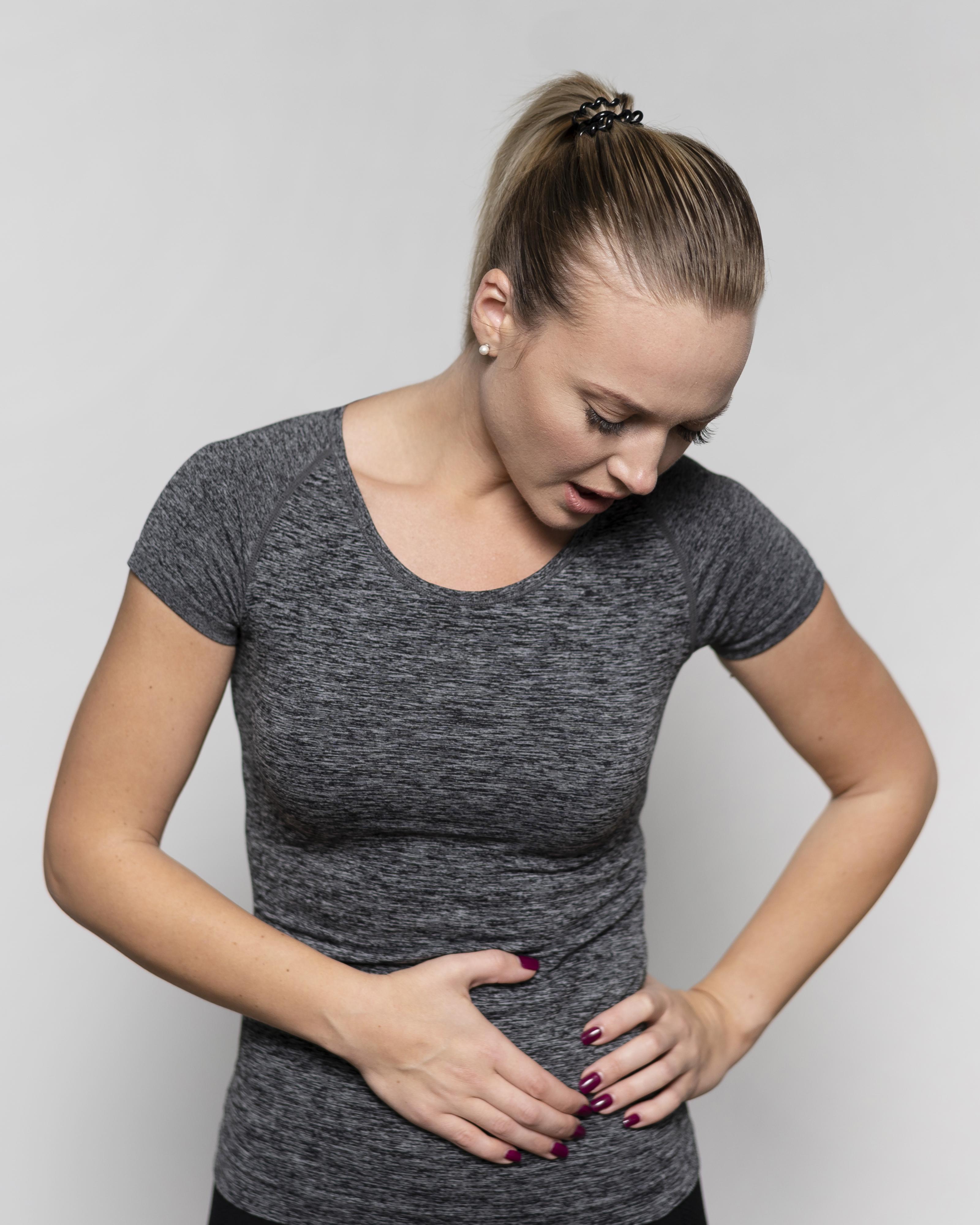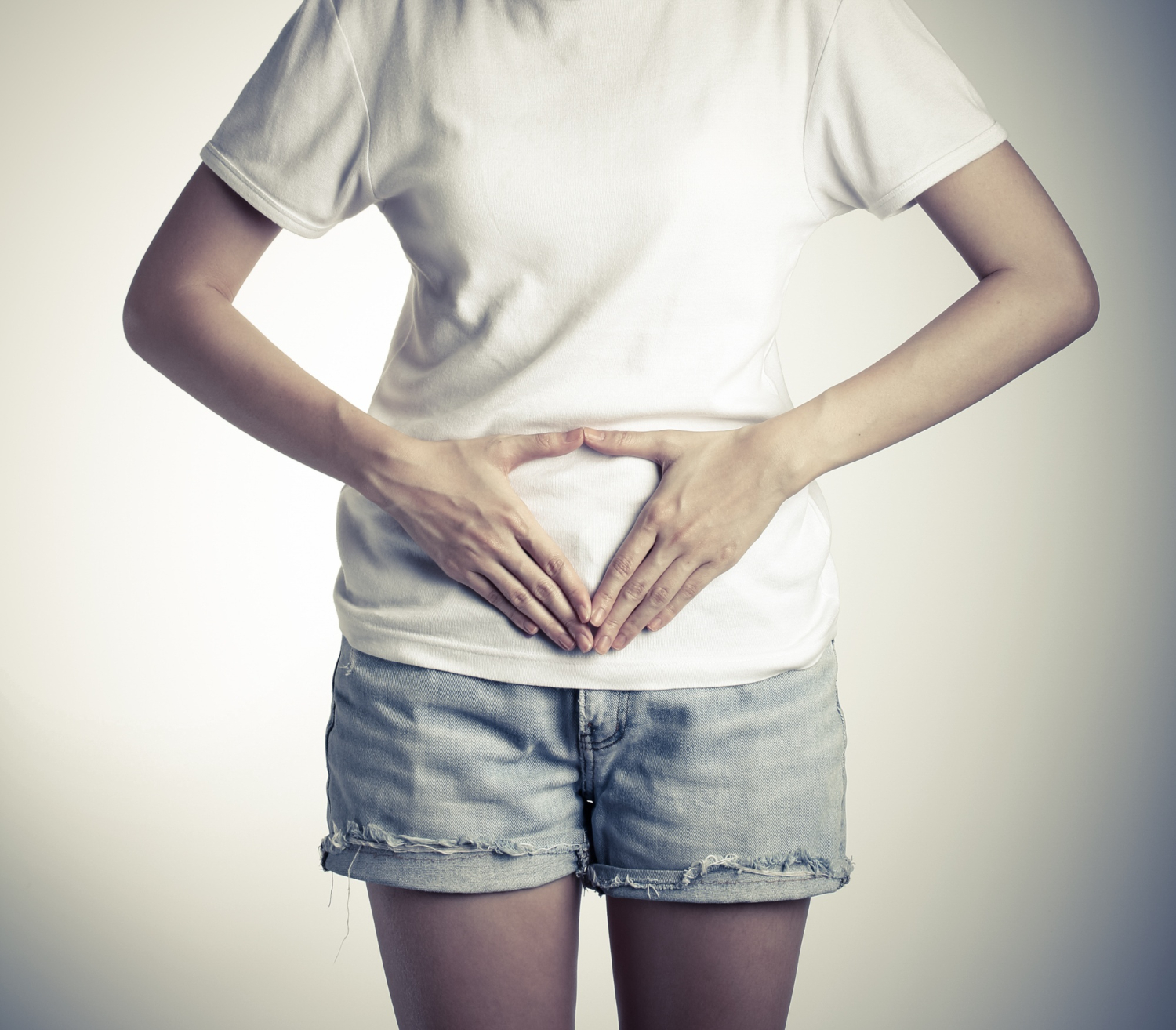Rectal Prolapse Treatment – Diagnosis at Lotus Hospital, Faridabad
The complete diagnostic procedure for rectal prolapse includes:
Physical Examination :
In the physical examination, the doctor observes the rectum and may insert a gloved and lubricated finger in the anus to check the strength of the anal sphincter and the rectum. In this exam, the doctor will ask you to describe your symptoms and medical history to understand the condition better.
Anal electromyography (EMG): This test lets doctors measure the effectiveness of muscles and nerves in the rectum. The doctors place electrodes a few inches into the rectum to perform this test. The procedure takes a few minutes.
Colonoscopy: This diagnostic procedure involves the insertion of a thin and flexible tube with a small camera (colonoscope) into the rectum to perform a visual exam of the area.
Anorectal manometry: In this test, doctors use a flexible tube which is the size of a thermometer and has a small deflated balloon attached to its end to measure the rectum’s response to pressure. The device is inserted into the rectum before conducting the test.
Barium enema: In the Barium Enema test, the doctors place a chalky liquid containing barium in the rectum of the patient. The barium becomes visible on the X-rays, producing clear images of the area.
Defecography: In this test, the doctors use x-rays or MRIs to monitor your colon as you have a bowel movement.
Lower GI series: To perform this test, doctors place a chalky liquid containing barium in the large intestine of the patient. This liquid lets doctors get a clear picture of the area on an x-ray.
Transit study: In this test, the doctor asks the patient to swallow one or more capsules which have markers on them. These markers can be seen on the X-ray. After swallowing the capsules, the patient has to appear for x-rays for the next 5 days. It helps doctors assess how the markers pass through the intestines.
